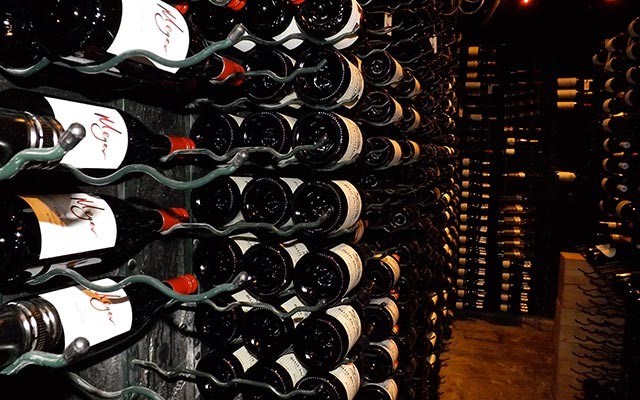The recommendations are in and the provincial government is getting to work now on changing liquor policies. There's been lots of news around this the last few weeks, but there's one question that isn't getting much attention.
Will the changes result in a reduction in the amount of tax paid in B.C. through the purchase of alcohol?
John Yap, the Parliamentary Secretary to the Attorney General and Minister of Justice for Liquor Policy Reform, headed up a review of the B.C. liquor laws and released 73 recommendations for change. None of his recommendations address the significant amount of tax each bottle of booze brings to the government coffers.
Lawyer Mark Hicken runs the website winelaw.ca. On his site he has a wine tax calculator. It reveals the true tax story behind each bottle of wine sold in B.C. Visitors to the site can plug in the price paid for a bottle of wine from a B.C. liquor store, hit submit and learn where your money is going. The site breaks down the wine purchase price to show markup, taxes and the amount paid to the wine producer.
Take a bottle of 2009 Aglianico Del Vulture from Italy, which B.C. Liquor Stores sell for $49.93. According to the calculator provided by Hicken, the wholesale cost of the bottle is about $24.44. The Liquor Distribution Branch (LDB) markup is $17.89 and then there's also a LDB fee of 60 cents on this bottle of Italian vino. The GST, federal customs and PST account for another $7 to bring the total cost up to $49.93.
About 42 per cent of the price paid for this Italian wine goes to the federal and provincial governments.
At the bottom end of the B.C. liquor store value scale the $9.49 bottle of domestic Moscato Naked Grape maps out like this: $2.99 wholesale cost, $4.18 LDB markup, 60 cents LDB fees and $1.73 in provincial and federal taxes. About 56 per cent of the cost of this bottle of wine goes to government.
Getting folks to talk about this taxation situation is challenging. Businesses rely on their relationships with the provincial liquor authority, which can take issue with people speaking out against its policies.
There is more to share on this topic. Some in the wine industry would like to see wine levies changed. The way beer and wine are taxed is quite different. The folks in the wine industry who want change would like to see wine taxation moved closer to the way beer is taxed. Complicating this further are those in the wine industry who are doing well under the current system and don't want change.
The current tax regime on wine leaves many international visitors, who know wine pricing, suffering from sticker shock when they see their favourite wines on restaurant menus in Whistler at almost double the cost compared to back home. Look for more on this discussion in the coming weeks as I dig deeper into this topic to discover what it means for Whistler.




